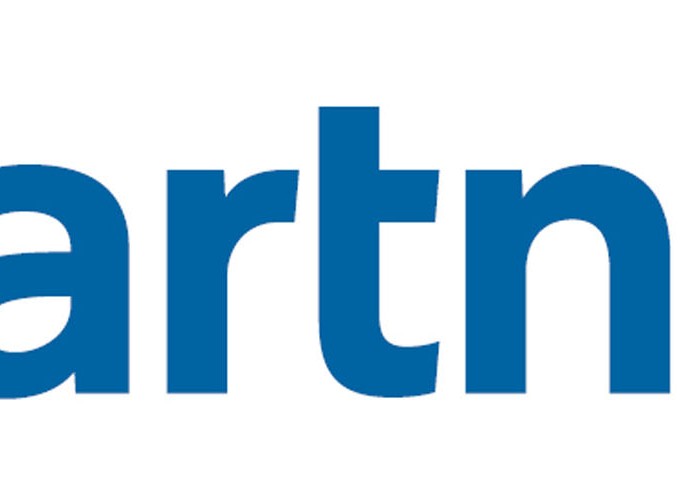Worldwide spending on Enterprise Application Software rises

Gartner says the market is strong
Worldwide spending on enterprise application software is expected to rise by 4.5 percent this year.
According to Gartner the market will total to $120.4 billion in 2012 from the $115.2 billion in 2011.
However, the company pointed out that with only limited signs of improvement in the near term, the growth projection for 2012 has had to be adjusted downward from five percent in the previous forecast in the first quarter of this year.
Tom Eid, research vice president at Gartner, said: “The global marketplace is still experiencing a series of conflicting and contrasting economic news reports, and the full impact of the economic uncertainty on the enterprise software markets may not be readily assessable until the end of the first half of 2012.”
He said spending in 2012 was anticipated to focus on industry-specific applications and upgrades to established, mission-critical software , integrating and securing established systems and infrastructure. Software as a service (SaaS) deployments representing extensions to, or replacement of, existing applications and new products would also be a key consideration.
The key enterprise application software market segments in 2012 were outlined by Gartner as being: Business intelligence (BI), content, communications and collaboration and customer relationship management (CRM). Also pinpointed were digital content creation (DCC), enterprise resource planning (ERP), office suites and personal productivity, project and portfolio management (PPM) and supply chain management (SCM).
Gartner said that of these ERP was the largest enterprise application software market with revenue projected to reach $24.9 billion in 2012. This market was followed by office suites at $16.5 billion, while BI revenue was forecast to reach $13.0 billion and CRM was on target to exceed $13.0 billion.
And it was also good news for the SaaS industry, with Gartner claiming that cost optimisation and shifts in spending from “megasuites” to the automation of processes, would continue to benefit alternative software acquisition models as organisations look for ways to shift spending from capital expenditure to operating expenditure.
It said that because of this, vendors offering SaaS, IT asset management and virtualisation capabilities would continue to benefit from organisations looking to shift upfront capital expenses to operational expenses.
Furthermore, the analyst house pointed out that an increasing number of organisations were demanding software functionality as a service or via cloud-based services rather than on-premises.
It said that as a result of this vendors were offering more technology as subscription-based services and “pay as you go” offerings, which positioned them as more cost-effective and as a way to counter the effects of economic belt tightening.
SaaS and cloud-based services were also said to help vendors to expand revenue growth by making it easier for end users to test and evaluate new types of software.
“After more than a decade of SaaS and cloud service use, adoption continues to grow and evolve within the enterprise application markets. This is occurring as tighter capital budgets demand leaner alternatives, popularity and familiarity with the model increase, and interest in SaaS and cloud computing grows,” said Mr. Eid.
“Adoption varies between and within markets. Although use is expanding to a wider range of applications and solutions, the most widespread use is still characterised by horizontal applications with common processes, among distributed virtual workforce teams and within Web 2.0 initiatives.”